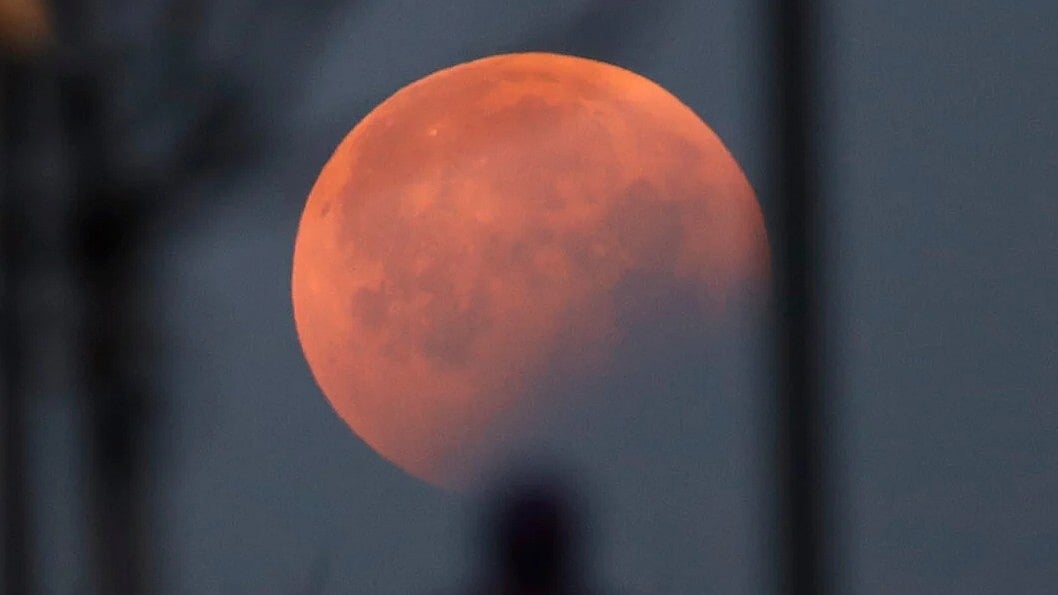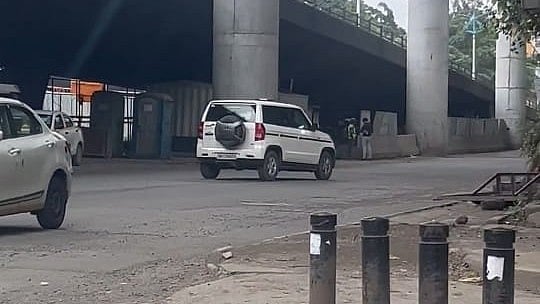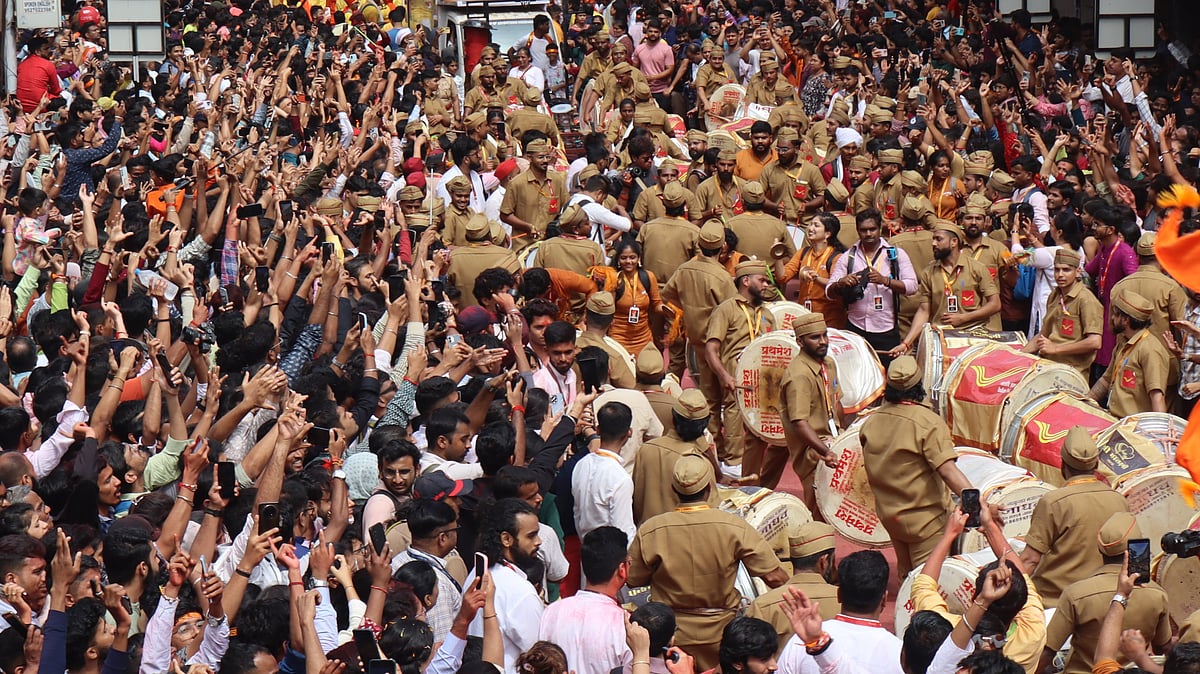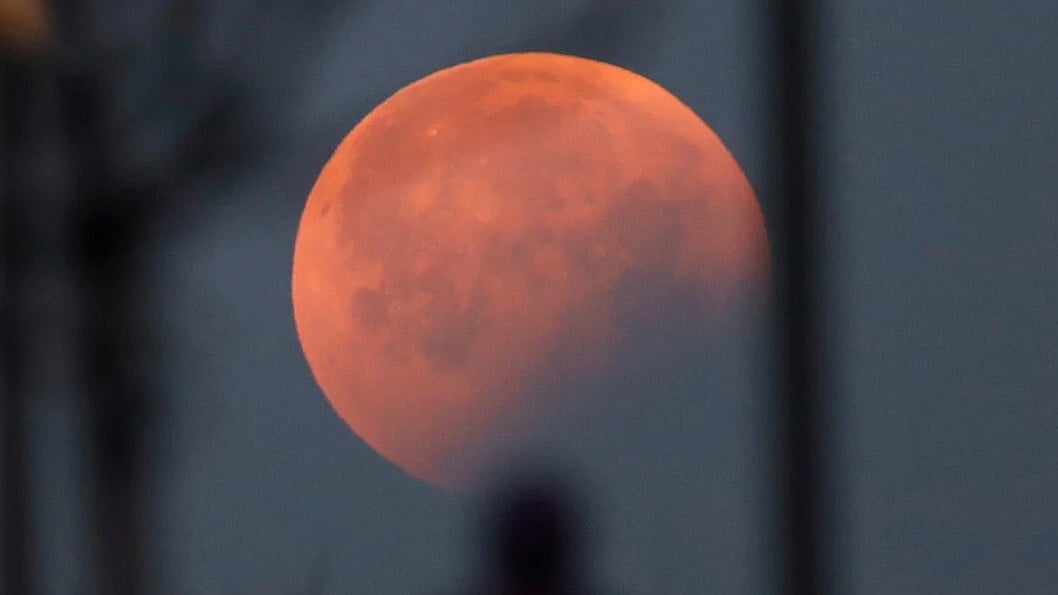Punekars can experience the last lunar eclipse of 2025, which will be visible on Sunday evening, September 7, an event which was last observed in 2018 from the state. The celestial phenomenon, where the Moon will turn a striking red, is set to begin at 9.57 pm, though light to moderate showers forecasted for Sunday evening could affect visibility for enthusiastic skygazers.
The last lunar eclipse of the year will be visible from all over India on Sunday. This is a rare opportunity for astronomy enthusiasts, as the next lunar eclipse will be on March 3, 2026. The eclipse will begin at 9.57 pm on Sunday.
Later, the moon will be completely in the shadow of the Earth until 12.23 am, which will be the penumbral eclipse. However, the forecast shows light to moderate showers in Pune on Sunday, which may affect the visibility.
It will be a total lunar eclipse that will last for 5 hours and 27 minutes on Sunday. It will span between 8.58 pm and 1.30 am. It will be a rare occasion to experience the total lunar eclipse from Maharashtra, because it was last observed in 2018.
A lunar eclipse is an astronomical event that occurs when the Earth passes between the Sun and the Moon, casting its shadow on the Moon's surface.
This alignment can only happen during a full moon, making the Moon appear to dim or even turn a striking red colour, often called a "blood moon".

“When viewed from Maharashtra, on Sunday at 8.58 pm, the full Moon will touch the Earth’s Pneumbra. At 9.57 pm, the Moon will enter the Earth’s dark shadow, starting the partial phase of the eclipse. At 11.00 pm, the Moon will be completely in the Earth’s dark shadow, starting the total phase,” said Mayuresh Prabhune from Khagol Vishwa, to The Times of India.
“The maximum phase of the total lunar eclipse will be visible at 11.41 pm when the Moon will have reached the middle of the Earth’s dark shadow. At 12.22 am, the total phase will end, and the partial phase will begin again. At 1.26 am, the Moon will leave the Earth’s dark shadow, and at 2.25 am, it will leave the Earth’s penumbra,” added Prabhune.
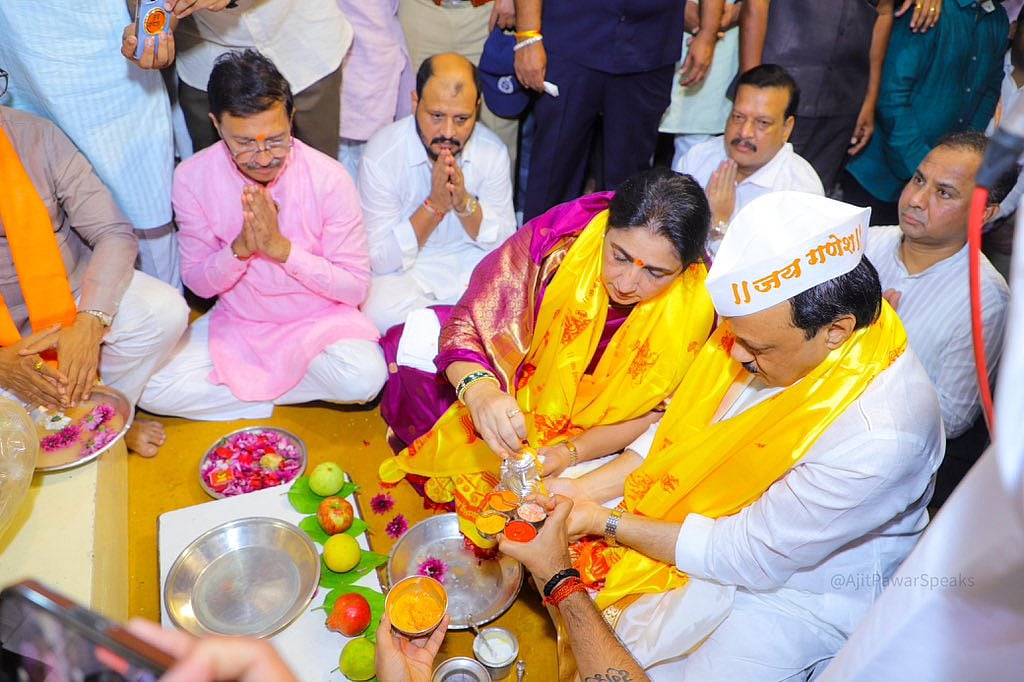
Moreover, enthusiasts can observe the Lunar eclipse through telescopes at Kesariwada between 9.30 pm and 12.30 am, as arranged by the Jyotirvidya Parisanstha. It will be open and free for all.
